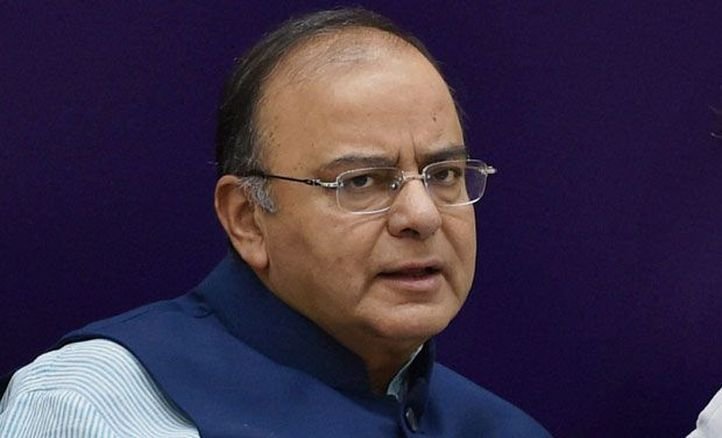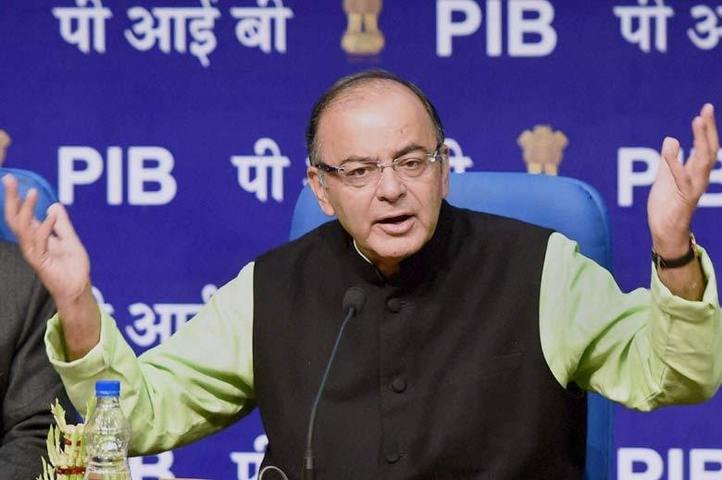Under all-round attack, the government on Tuesday promised to consider demands for a rollback of the proposal to tax 60 per cent of withdrawals from provident fund and a ceiling on employers contribution but made it clear that PPF will continue to be exempt from tax.
Revenue secretary Hashmukh Adhia went a step further to say that only 60 per cent of interest on contributions made after April 1 will be taxed and that the principal amount of contribution will remain untouched at the time of withdrawal.

However, a government press note issued on Tuesday made no mention about taxing only the interest.
It claimed that the new tax proposal was aimed at taxing only the high salaried individuals totalling about 70 lakh people out of the 3.7 crore employee provident fund (EPF) members. About 3 crore individuals come under the statutory wage limit of Rs 15,000 per month so will not be affected by the proposed changes.
Finance minister Arun Jaitley in his Budget for 2016-17 on Monday had proposed that 60 per cent of the withdrawal on contribution to employee PF made after April 1 this year will be subject to tax. This would apply to superannuation funds and recognised provident funds including EPF.
He also proposed a monetary limit for contribution of employer in recognized PF and superannuation fund at Rs 1.5 lakh per annum for taking tax benefit.

The proposal came under immediate attack from various employees unions including RSS-backed BMS, and political parties who termed it as “an attack on the working class and a clear case of double taxation.”
The finance ministry issued a press note containing a clarification about the proposed changes in the tax treatment of recognized PFs and recognized pension schemes noting that there seems to be some amount of lack of understanding about the changes made in the Budget on the issue.
“We have received representations today from various sections suggesting that if the amount of 60 per cent of corpus is not invested in the annuity products, the tax should be levied only on accumulated returns on the corpus and not on the contributed amount.
“We have also received representations asking for not having any monetary limit on the employer contribution under EPF, because such a limit is not there in NPS. The finance minister would be considering all these suggestions and taking a view on it in due course,” the press note said.
All contributions and interest accrued to EPF before April 1, 2016, will not attract any tax on withdrawal.
The press note said the purpose of this reform of making the change in tax regime is to encourage more number of private sector employees to go for pension security after retirement instead of withdrawing the entire money from the Provident Fund account.

















